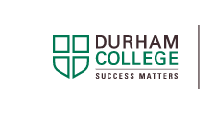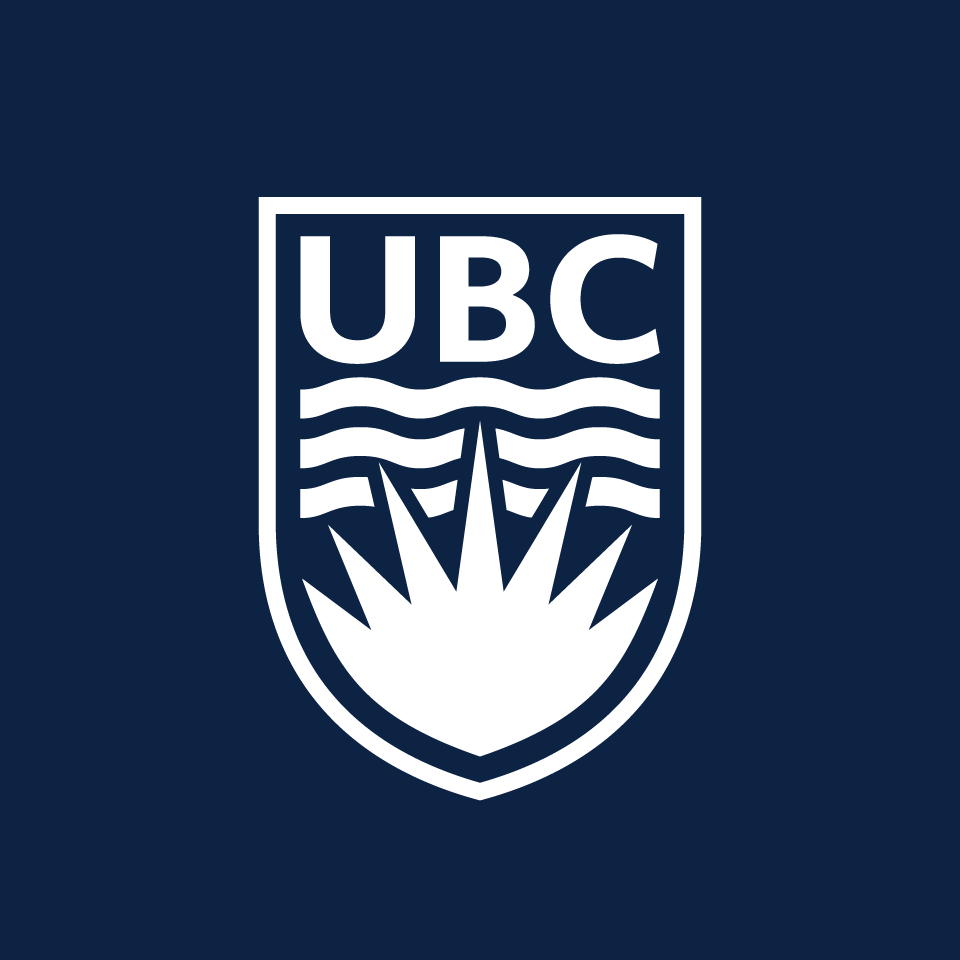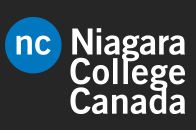In this course, you will learn the basics of electronic circuits and devices used all along your program of studies.

In this course, you will learn the basics of electronic circuits and devices used all along your program of studies. The course begins with the analysis of the P-N junction, which is the foundation for most electronics devices.
Then we will proceed with the discussion and analysis of diodes and some of their applications such as rectification, clipping and clamping followed by looking at some special diodes such as Light Emitting diodes (LED's), the Zener diode and photo-diodes.
The basics of power supplies will be discussed including filtering and different types of voltage regulators.
In the second part of the course, we will introduce the Bipolar Junction Transistor (BJT), the different types of biasing methods of these transistors and conclude with the types of amplifier configurations we can encounter with them.
Components datasheets will be read to understand important characteristics of the electronic devices studied along the course.
The knowledge acquired in class will be supplemented with a weekly lab that will cover the concepts taught in the classroom, by problem solving real world circuits and systems and using a simulation software such as Proteus.
The course will also cover an introduction to NI- LabVIEW, which is a graphical programming software, Proteus Visual Designer and interface some of the electronic devices studied with an Arduino UNO microcontroller.
Durham College’s Professional and Part-time Learning is a provincial leader in the development and delivery of online programs and courses. Our virtual classrooms are open 24 hours a day, seven days a week. Online learning has been providing students with a flexibility to update their skills, discover a new talent or chart a career path at their convenience.
However, this flexibility also brings its own set of challenges, such as maintaining motivation and focus. To overcome these challenges, successful online learners adopt certain habits and strategies.

This workshop will introduce you to the exciting world of PCB fabrication, where you’ll design and mill your very own board from scratch.

You will learn basic electronics skills by tackling a project: a signal generator and conditioning circuits.

This is an introductory course in AutoCAD and a PCB (printed circuit board) fabrication software.

Taylor Electronic Designs was established in 1970 to manufacture Audio-Visual equipment (Dissolves and Programmers for multi-image 35mm slide presentations) under the Taylor name.

Topics include non-ideal Op-Amp amplifier characteristics, practical amplifier designs, linear/non-linear Op-Amp circuits, filters and tuned amplifiers, oscillators, signal generators, power output stages, etc.
© 2025 coursetakers.com All Rights Reserved. Terms and Conditions of use | Privacy Policy